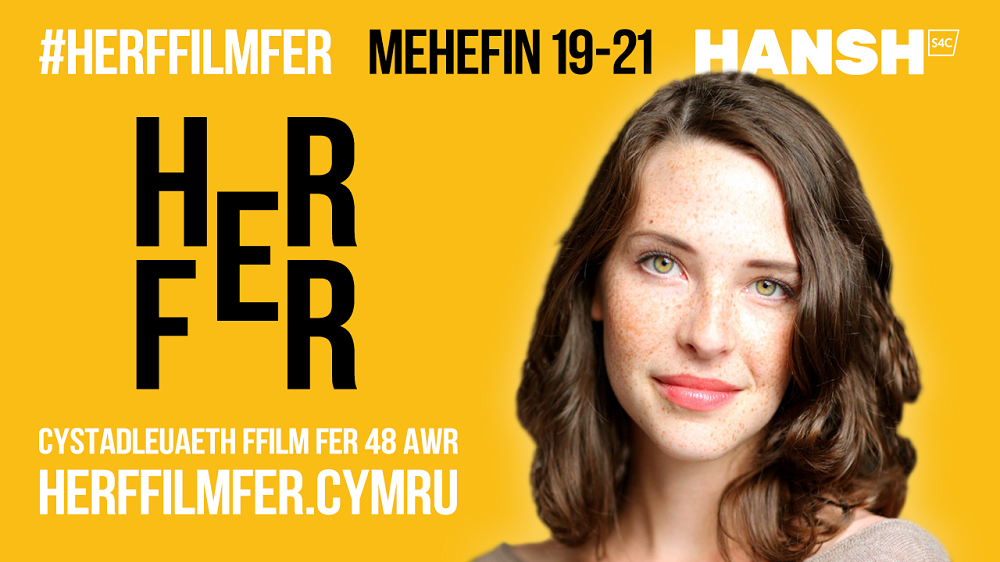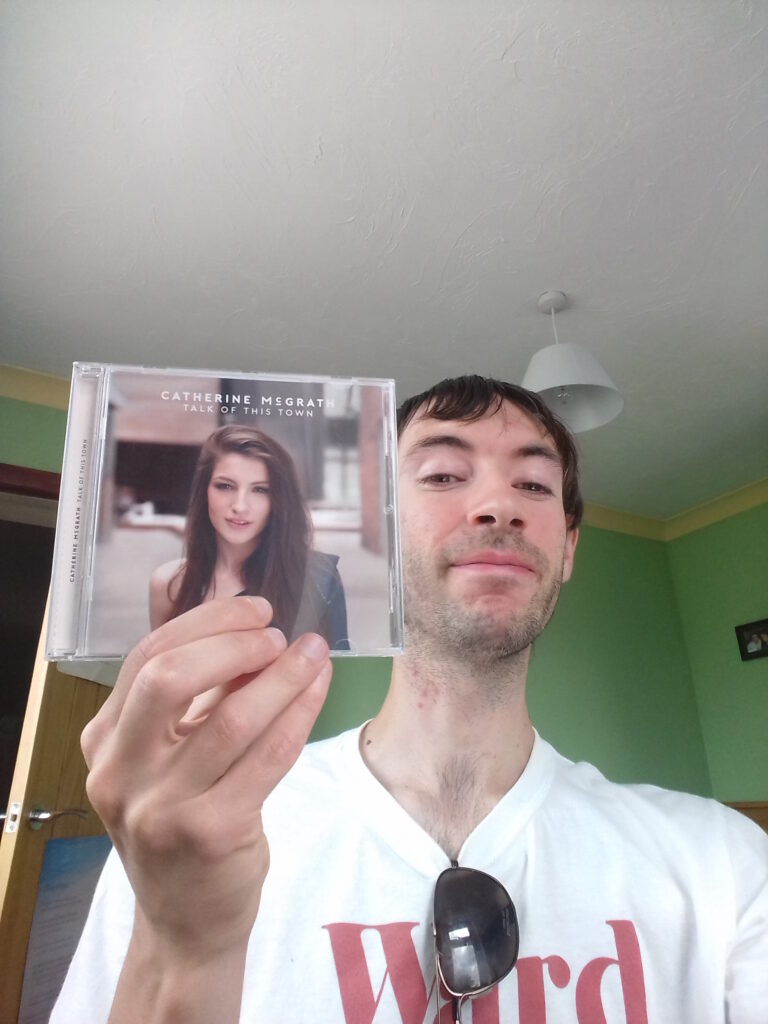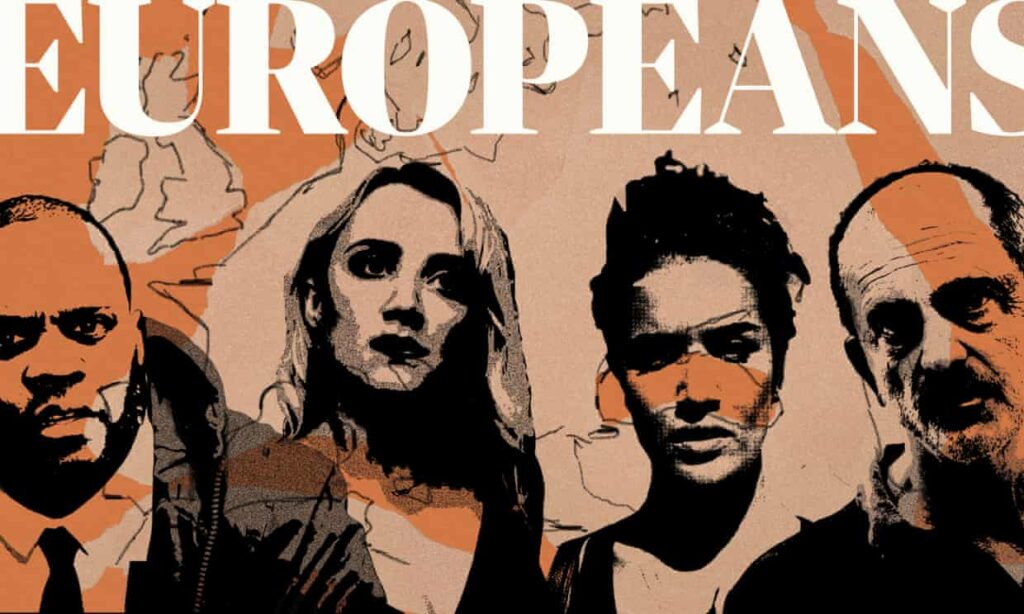
The old adage that the two most difficult genres to write are comedy and horror seemed to have bypassed the ears of some of Wales’ top producers. The likes of Ed Thomas (Hinterland) and Euros Lyn (Doctor Who) decided to devilishly choose the latter for a short film challenge put on by S4C’s Hansh (of which they were judges). To raise the stakes even further, the films were required to be made within 48 hours, which under lockdown conditions, seems like a pretty tall order. But I guess that’s where creativity can either flourish or flounder, producing a fight-or-flight response which, for those of the former persuasion, led to some pretty professional-looking and eye-catching pieces.
The variety of films that were sent in made it difficult for the judges to compare them. But they managed, in the end, to narrow it down to a shortlist, before announcing a couple that were deserving of special merit; that came very close to the standards of the overall winner. Of the three runners-up, Martha a’r fantell ddu was my personal favourite. It contained a lovely, light humour which, in typical horror fashion, slowly turns sour as strange things begin to occur in the life of the protagonist. Much like other entries Dilynwyr and Y Glesni, it uses the prevalence of digital technology to create a familiar experience which, like The Blair Witch Project and Unfriended, is then brilliantly skewed to generate unease, concern, and, finally, terror. But it is the performance of the actor who plays Mari (the film’s producer, Erin?) that makes Martha a’r fantell ddu stand out from the crowd. The effervescence she brings to the role perfectly encapsulates that of the enthusiastic YouTuber. Yet as things get weird, her increasing paranoia is displayed not only in her facial expressions but in the nuanced delivery of her dialogue. She succeeds in taking us on a journey through a narrative that is character-driven, leading us to be entertained, concerned and fearful for her, as we are drawn into her experience to really emotive effect.
The overall winner takes a somewhat more conventional line. There are no livestreams or Zoom calls here. 03YB is a clever, playful and absorbing film that takes familiar tropes from the horror genre and executes them incredibly well. There is enough originality and fresh impetus in the plotline though to test your expectations, as the creators use skilful editing to keep you guessing throughout. The ear piercing music is largely effective, grating only slightly at points, whilst the costume is utilised brilliantly. More specifically, the ears on the hood of the protagonist’s onesie become a fantastically devious signifier for blood at one point, representing the kind of deceitful intentions that the film’s creators look to insert at almost every turn. 03YB reminds me of the kind of visceral scenes at the start of many contemporary Welsh television dramas, posing just as much mystery as them too. It leaves you with enough questions to want to enquire further. It has the makings of a full-length episode, if not series. It is a well-deserved winner.
It appears that there is plenty of talent in Wales when it comes to the creation of original, suspenseful, and entertaining shorts. Thomas, Lyn, et al, clearly sussed that setting such a hard challenge would lead to some excellent entries. I wonder if it did leave them surprised however by the quality of the filmmaking. Given the lockdown restrictions, alongside the competition’s time constraint, I would say the films were of a remarkably professional standard. If they are representative of Wales’ young creative talent, then the current generation can rest assured that the future looks to be in very safe hands. I just hope that the opportunities come for these young filmmakers to grow and develop in their creative potential. Without investment in the arts at all levels, but particularly at the grassroots, going forward, the worry is that their chances will be severely curtailed.
You can watch all 42 films that were entered into the competition here.



 (5 / 5)
(5 / 5)